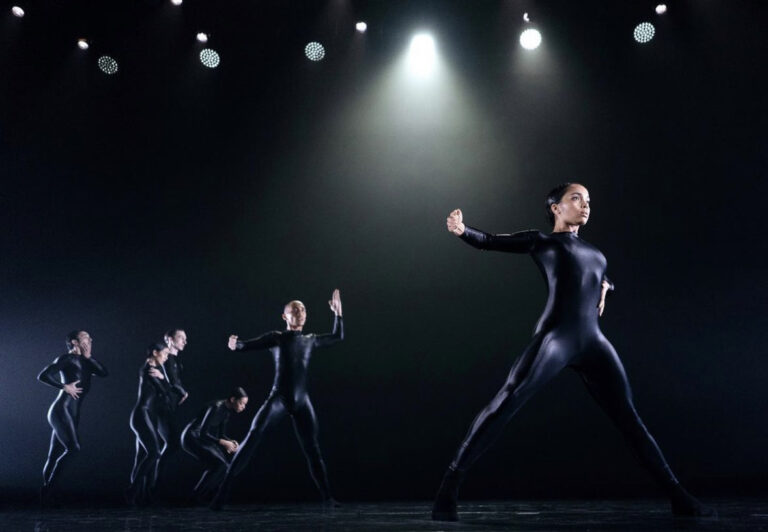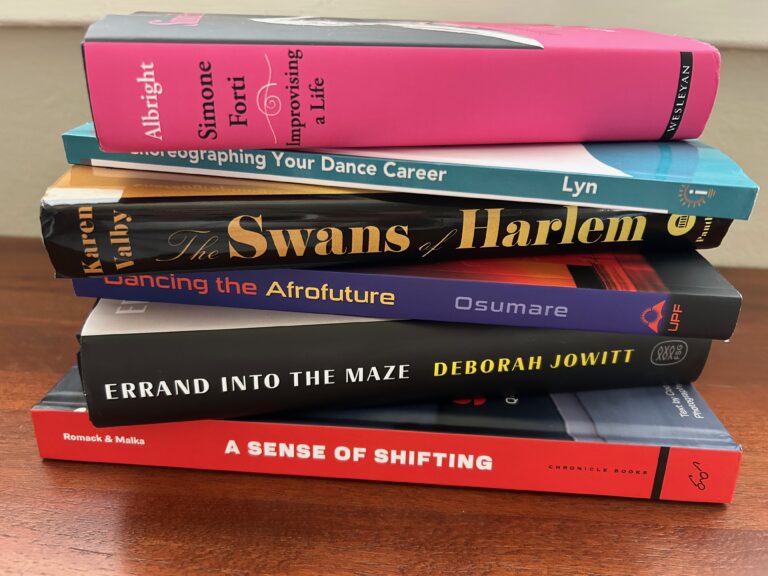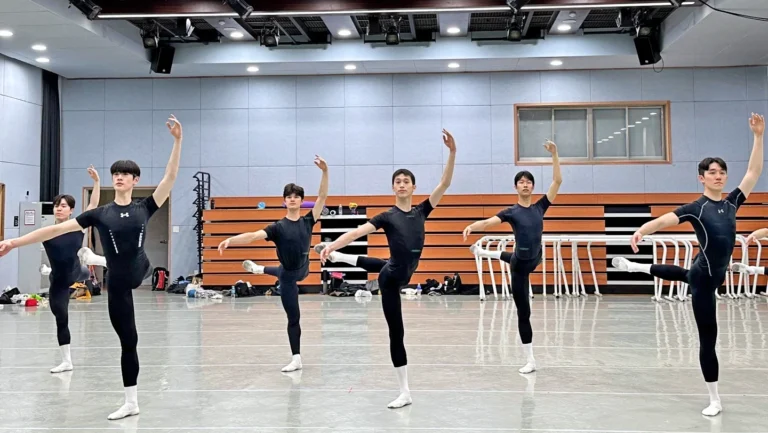
One of the most crucial responsibilities of an artistic director is the development of dancers. Sharing the benefit of my experience through daily class and rehearsals is perhaps the most gratifying part of my work at The Washington Ballet. But artistic leaders also need to help dancers in the broader navigation of their careers.
Whether it involves difficult conversations with seasoned professionals or with teenagers coping with the anxiety of an uncertain career path, advising dancers is personal because our art is personal. Dancers create their art with their own bodies—not on paper, not with instruments made of brass or wood and strings, but with themselves. This highly intimate element of the job cannot be underestimated, and as a result, every conversation about the work essentially becomes about the person. Trust is not assumed nor is it given easily, as only time and shared experiences allow for it to grow.
Whether coaching a dancer or discussing casting or contracts, a firm commitment to being honest, while maintaining sensitivity, is essential. Although not always comfortable, honesty is the highest form of respect. While the opinion may not be appreciated or accepted, withholding a truthful assessment leaves the dancer unable to actively address any issues of concern or understand motivations behind decisions.
 “Advising dancers is personal because our art is personal,” says Kent. Photo by Jayme Thornton
“Advising dancers is personal because our art is personal,” says Kent. Photo by Jayme Thornton
There can sometimes be a parental quality to the relationship between director and dancer, as life within a ballet company is very familial. To me, the process of actively and purposefully moving forward in life is essential. Just as a parent would never encourage their child to experience their senior year of high school repeatedly, a dancer should not be encouraged to stay in a trainee position for years if it is unlikely that they will move to the next level. Nor should a professional dancer remain in a company if they are not meeting expectations or if the director does not see using them in a way that allows for continued development and the possibility to flourish. Without an honest, sensitive and ongoing dialogue, a dancer might spend years working with frustration or insecurity.
A director must respect the impactful role they play in shaping a dancer’s life and future; and dancers must respect the greater responsibility the director is obligated to have for the institution. While every dancer should be given individual consideration, they must realize that they are part of a whole and understand the larger artistic landscape. For example, while one dancer may be disappointed that they have only one or two performances of a certain role, having multiple casts allows for growth opportunities for more of the company.
Along with the beauty of our art in the studio and on the stage, building professional relationships with trust, respect, sensitivity and honesty can and should be among the many invaluable experiences of life in a ballet company. I remain grateful to the wonderful directors who shaped my professional life and greatly influenced my approach in my new role.



